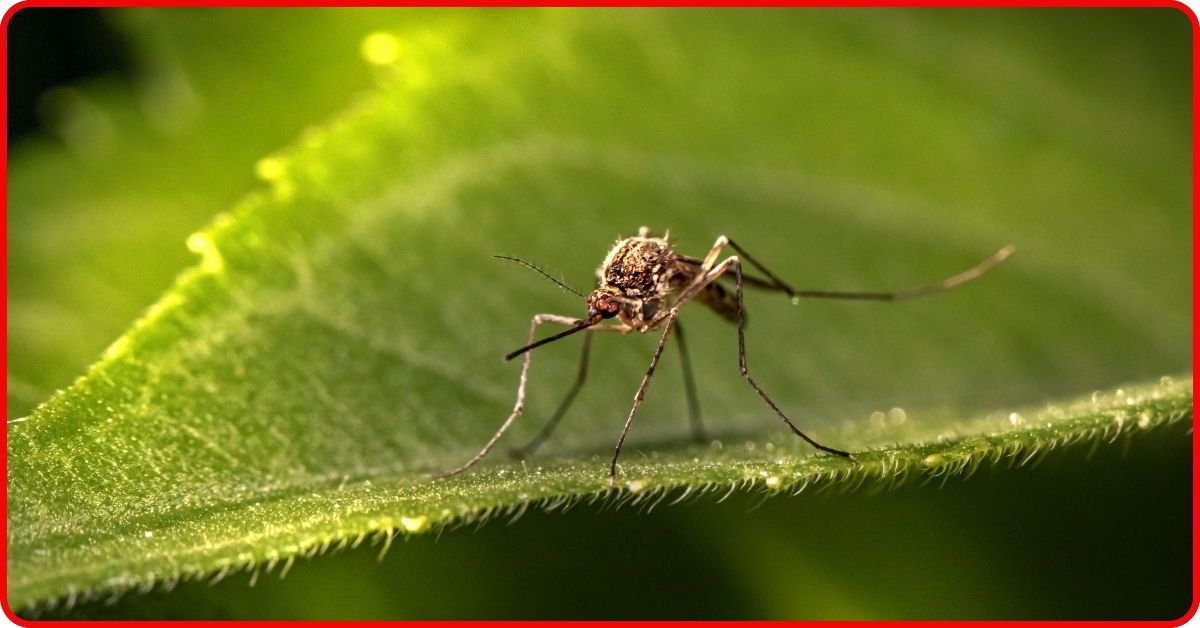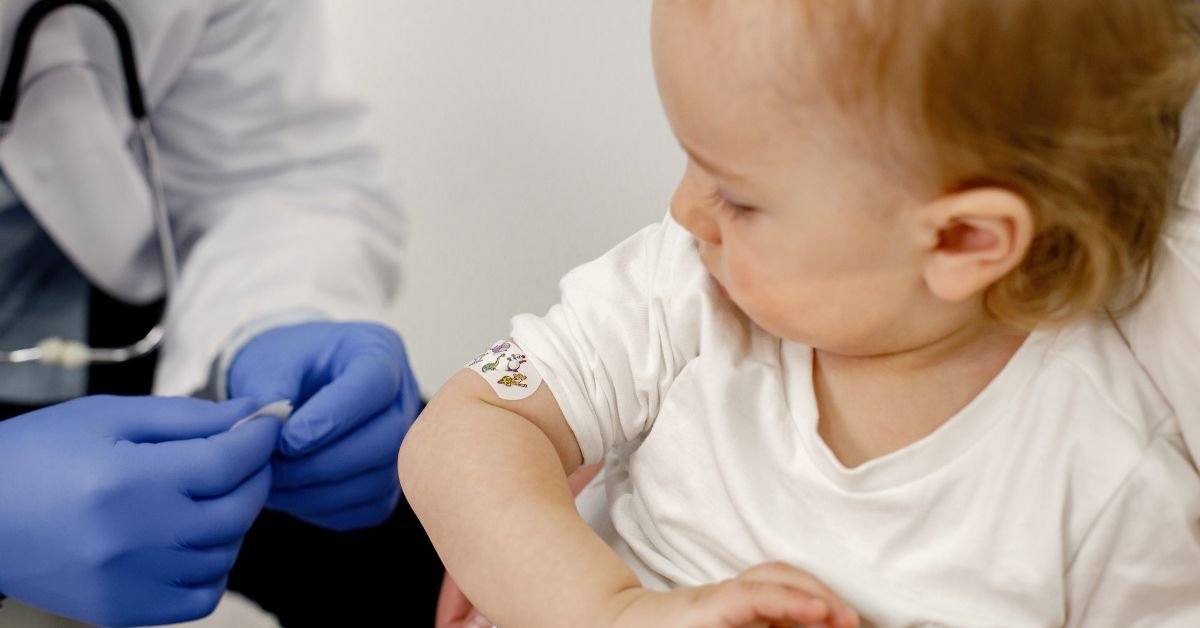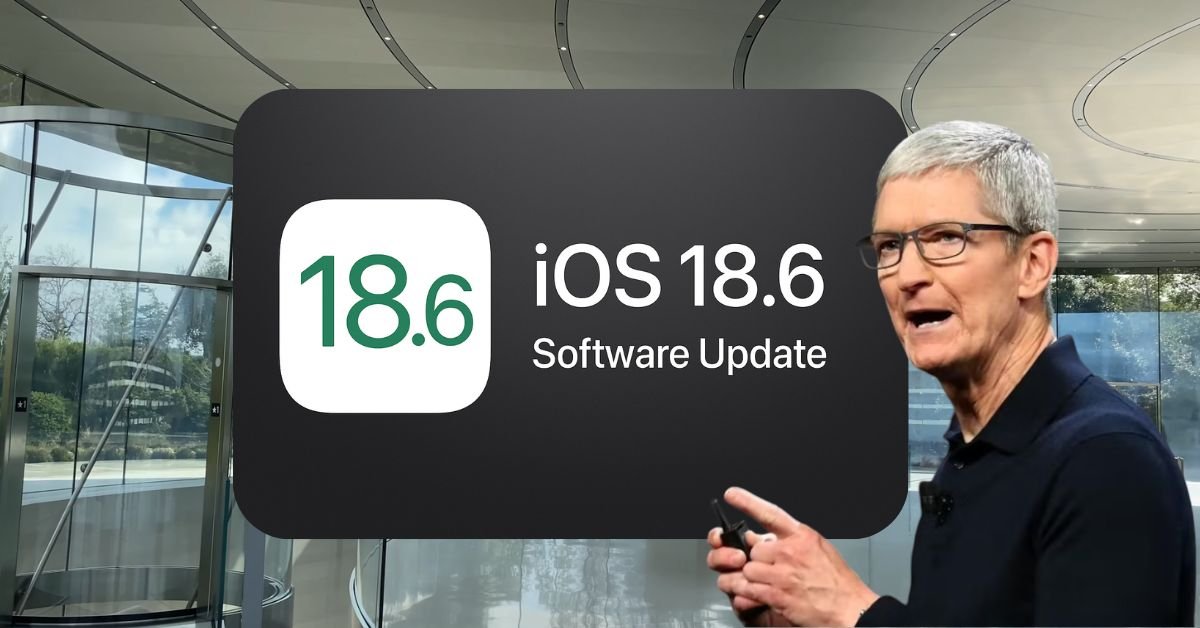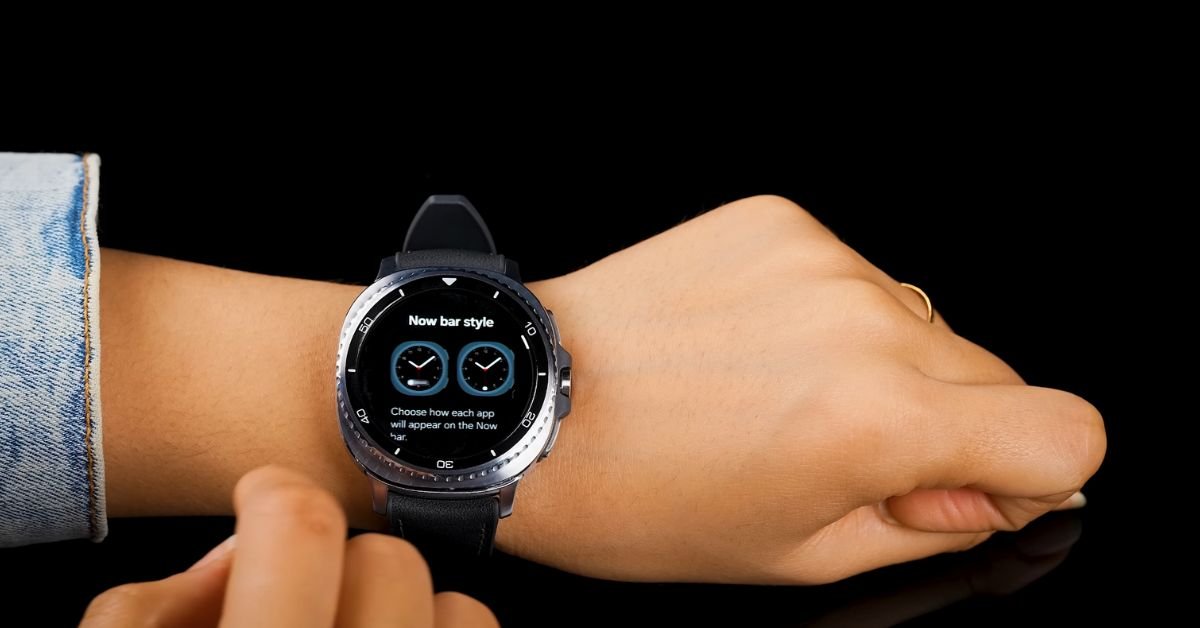Toronto Public Health (TPH) has confirmed that mosquito batches in the city have tested positive for West Nile virus (WNV), marking one of the earliest verified signs of the virus’s presence in Toronto for 2019. The announcement was made on Friday after three separate samples of mosquitoes that were gathered in the city had tested positive for the virus. The news may sound concerning, but the risk of infection remains low — in part, especially if residents take proper precautions.
The virus is a mosquito-borne infection that can infect humans during warm months of the year. While most people who are infected will not show symptoms, a minority, particularly older adults and people with weakened immune systems, may get sicker.
Understanding West Nile Virus Symptoms
The signs and symptoms of West Nile virus include those that occur at 2 to 14 days following the bite of an infected mosquito. Some of the very early symptoms are similar to flu symptoms and can appear about 8 to 10 days post exposure and may include:
• Fever
• Headache
• Fatigue
• Nausea
• Vomiting
• Body aches
• Skin rash
Though most cases are mild and go away on their own, severe cases can result in neurological complications, including meningitis or encephalitis. TPH cautions those over 50, or individuals with chronic conditions or a weakened immune system, are at higher risk of becoming seriously ill. In these situations, symptoms can progress to very high fever, muscle weakness, neck stiffness, confusion, and possibly a coma.
Precautions Residents Can Take
Toronto Public Health is encouraging people not to be alarmed, but be aware and be mindful about ensuring they do everything they can to avoid mosquito bites:
• Dress in light-coloured, long-sleeved clothing—especially during dawn and dusk, when mosquito activity tends to peak.
• Apply insect repellent to clothing and skin that contains DEET or icairidin and that has been authorized by Health Canada. Check for ingredients such as DEET or icaridin.
• Remove standing water in your yard, which is a breeding ground for mosquitoes. Look in planters, pool covers, clogged gutters and other containers that have been in disuse.
• Make sure window and door screens are in good condition or install new ones to prevent mosquitoes from entering your home.
Ongoing Surveillance in Toronto
The city has a monitoring program for mosquitoes every year from mid-June to mid-September. Mosquitoes are collected from 22 traps around the city each week, batches are then tested for West Nile virus.
The new findings are part of this annual surveillance effort, which is an important tool in tracking the virus and informing the public. The city has not reported any confirmed human cases so far this year, TPH said, although a probable human case was flagged in the city earlier this month.
A dead crow in Guelph, just southwest of Owen Sound, also tested positive for the virus, indicating that the virus is circulating more widely throughout southern Ontario.
Stay Informed and Safe
Toronto Public Health will conduct ongoing monitoring of mosquito populations and share the latest information with the public. In the meantime, being aware of the West Nile virus symptoms and taking the recommended safety precautions can help limit your risk.











